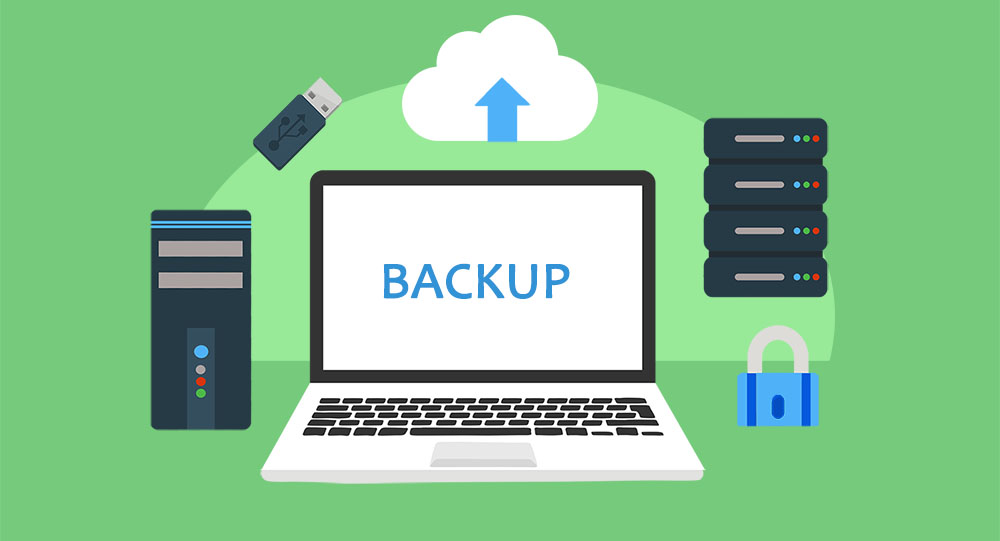
In the digital world we live in, data is one of the most valuable assets.
From photos of family and friends to important files, such as contracts, documents and work presentations, everything is stored on our devices.
But what if you were to lose everything you've stored on your devices at a moment's notice? If you haven't backed up, that's just what could happen.
What is a backup?
A copy of the data you have on an electronic device (computer, mobile or tablet), which is stored in a secure location external to the device itself.
Why is it important to perform backups?
Backing up is essential to protect your files, critical information and ensure its availability at all times, in case your computer suffers a problem such as hard disk failure, theft, fire or accidental data loss, among others.
In an increasingly digitized world, where most information is stored on electronic devices, backups provide peace of mind.
Because knowing that your data is backed up and retrievable in case of emergency can relieve you of stress and worry.
In addition, it saves you time and money when there is a loss of data.
Keep in mind that if you do not have a backup copy of your files, you may lose them forever.

Types of backup
- Full backup: involves making a complete backup of all your files and data.
It is the most reliable way to protect your data, as you have a complete copy of everything you have stored in your devices.
However, it is costly in terms of time and resources required. However, it guarantees complete data recovery in the event of a disaster.
- Incremental backup: this is a copy of the files that have been modified or created since the last backup.
This saves time and storage space. It is also considered more efficient than a full backup. Still, it can be more complex to restore.
- Differential backup: this is a copy of all changes made since the last full backup, i.e. new and changed files and data. It requires more storage space and is more difficult to restore.
How to make backups?
Oddly enough, performing a backup is a quick and easy process.
There are different ways to perform backups, and the choice of one or another will depend on the needs and preferences of each user.
Here are ways to make a backup::
- Manual backup: this involves copying important files from your computer to an external storage device, such as an external hard disk, CD or USB.
- Automated backup: in this case, specialized programs are used to schedule and automate backups on a regular basis.
- Cloud backup: The cloud is one of the most popular options for creating backups. Hence, files and data are stored in online storage services such as Google Drive, Dropbox, OneDrive or iCloud.

How often should you back up your data?
It will depend on the type of information you are backing up, where it is used and how often you update it, and it is recommended that you back up your data at least once a month..
However, if you have critical information that changes frequently, such as databases or important files, it is best to make daily or weekly backups..
Best practices for an effective backup
Here are some tips for creating a data backup:
- Plan what data you are going to save and how often you will perform the backup.
- Choose a reliable backup tool that suits you or your company's needs.
- Store your backups in a safe place out of reach of potential threats such as fire, flood or theft.
Therefore, we recommend that you use cloud services or external devices such as external hard drives or USB flash drives.
- Verify that the backup has been done properly and that the data can be restored without problems.
- Keep backups up to date and don't forget to make additional copies of critical data at key times, such as before major upgrades or traveling with devices containing important information.
In conclusion, carrying out a backup (or several backups) is considered essential to save your files and protect critical information, to ensure its availability at all times and also to avoid serious consequences in case of loss of information of a professional nature.
So do not neglect this task. Remember that it is better to be safe than sorry. So don't wait until it's too late to start performing backups.
And you, do you back up your files and data regularly?
